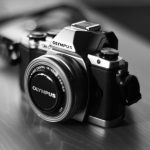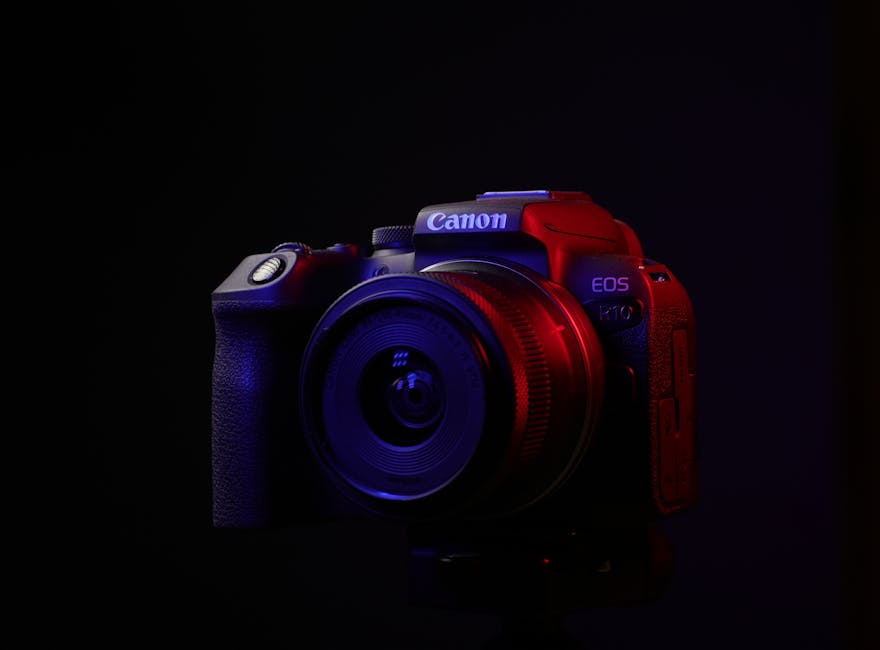In the ever-evolving world of photography, there has been an ongoing debate between the traditional single-lens reflex (SLR) cameras and the more modern digital cameras. Both types have their unique advantages and drawbacks, and the choice between the two ultimately depends on the specific needs and preferences of the photographer. In this comprehensive guide, we will delve into the key differences between SLR and digital cameras, providing you with the essential information to make an informed decision when it comes to choosing the right camera for your photography endeavors.
**Image Quality**
One of the primary differences between SLRs and digital cameras lies in their image quality. SLR cameras typically have larger sensors than digital cameras, which allows them to capture more light and produce images with higher resolution and dynamic range. This translates into images with finer details, more accurate colors, and better low-light performance. While digital cameras have made significant advancements in image quality over the years, they still tend to lag behind SLRs in this aspect.
**Lens Compatibility**
SLR cameras offer a wide range of lens compatibility, allowing photographers to interchange lenses to suit different shooting situations. This versatility makes SLRs ideal for photographers who need to capture a variety of subjects and perspectives, such as portraiture, landscape photography, and sports photography. Digital cameras, on the other hand, often have fixed lenses or offer a limited range of compatible lenses. This can be a limitation for photographers who require specialized lenses for specific types of photography.
**Control and Customization**
SLR cameras provide photographers with extensive control over their shooting parameters, including aperture, shutter speed, and ISO. This allows for precise exposure control and creative adjustments to achieve the desired look and feel of the image. Digital cameras, while offering some level of control, typically have fewer customizable options compared to SLRs.
**Price and Accessibility**
Traditionally, SLR cameras have been more expensive than digital cameras due to their complex design and larger sensors. However, with the advancement of technology, the price gap between the two types of cameras has narrowed. Today, there are digital cameras available at a wide range of price points, making them more accessible to photographers of all skill levels.
**Portability and Convenience**
Digital cameras are generally more compact and lightweight than SLRs, making them easier to carry around and use for extended periods. They also tend to have longer battery life, which can be crucial for photographers who shoot in remote locations or for extended periods. SLRs, on the other hand, can be bulky and heavy, especially when paired with large lenses.
**Autofocus and Speed**
SLR cameras typically have faster and more accurate autofocus systems than digital cameras. This is particularly important for capturing fast-moving subjects or in low-light conditions. Digital cameras, while improving in this area, may struggle to keep up with the speed and precision of SLRs.
**Video Capabilities**
In recent years, digital cameras have surpassed SLRs in terms of video capabilities. Many high-end digital cameras now offer high-resolution video recording, slow-motion capture, and other advanced video features. While some SLRs can also record video, they may not offer the same level of performance and flexibility as dedicated digital video cameras.
**Conclusion**
Ultimately, the choice between an SLR and a digital camera depends on the individual photographer's needs and preferences. If you prioritize image quality, lens compatibility, and extensive control over your shooting parameters, an SLR camera may be the better choice for you. However, if portability, affordability, and advanced video capabilities are your main concerns, a digital camera might be a more suitable option. By carefully considering the factors discussed in this guide, you can make an informed decision and select the camera that best aligns with your photography aspirations.

